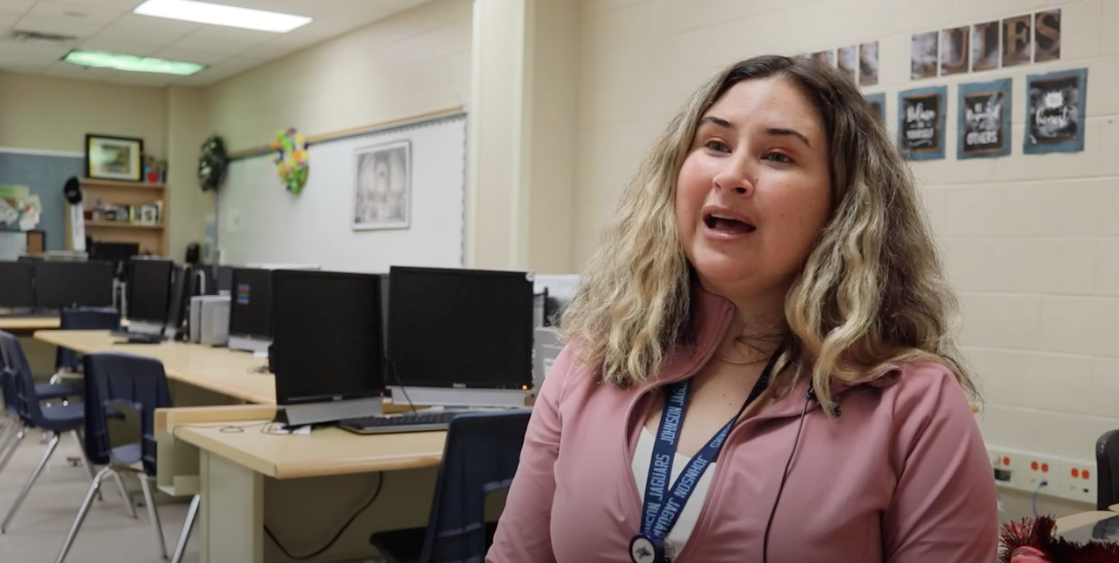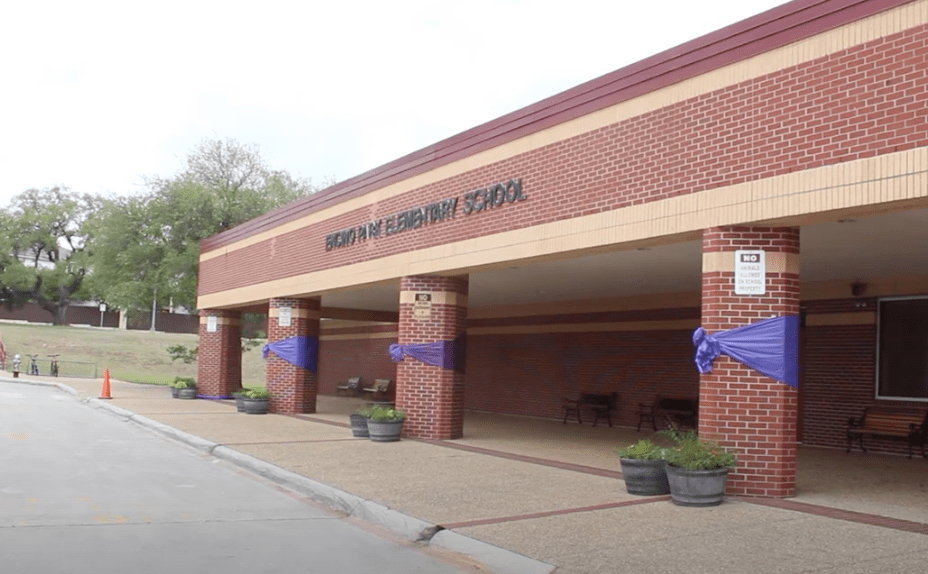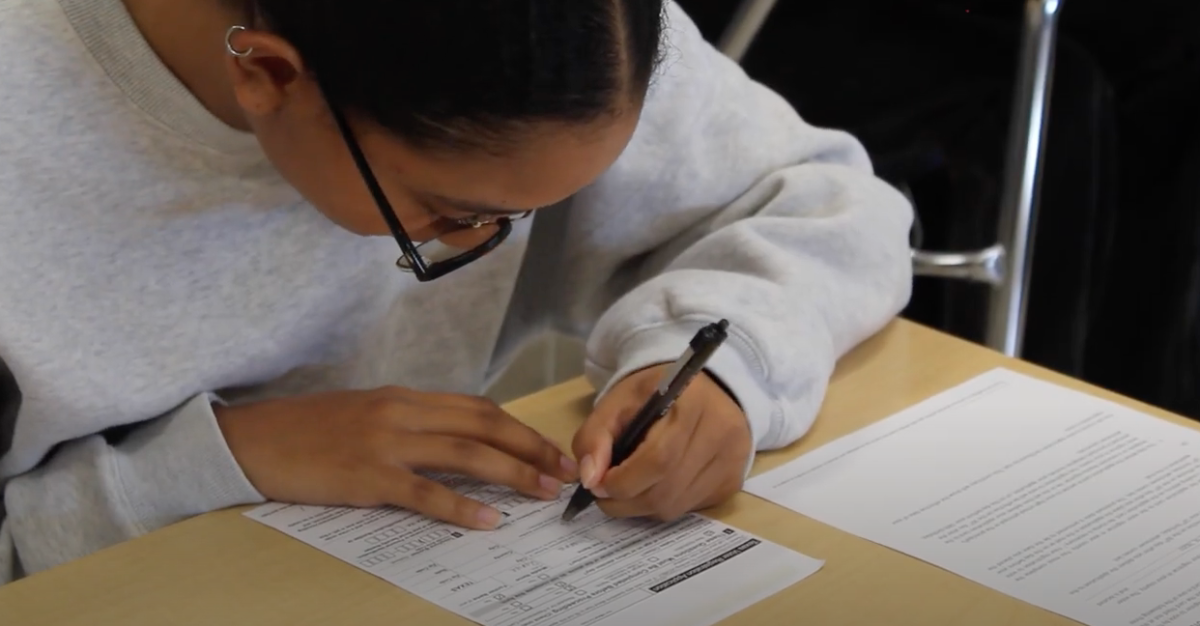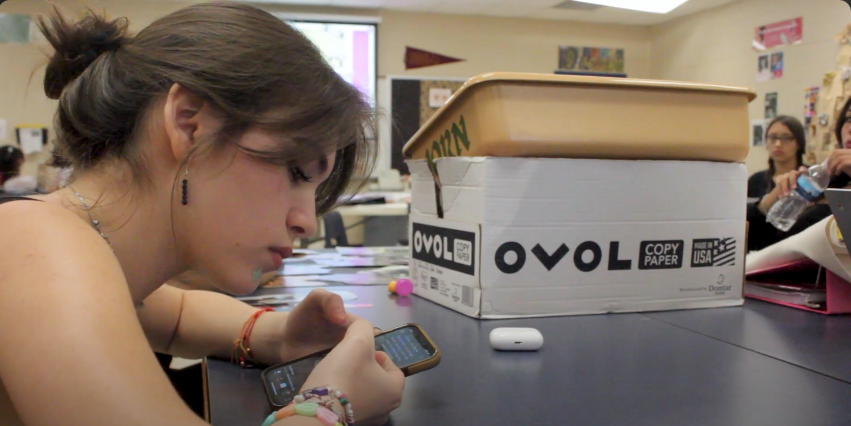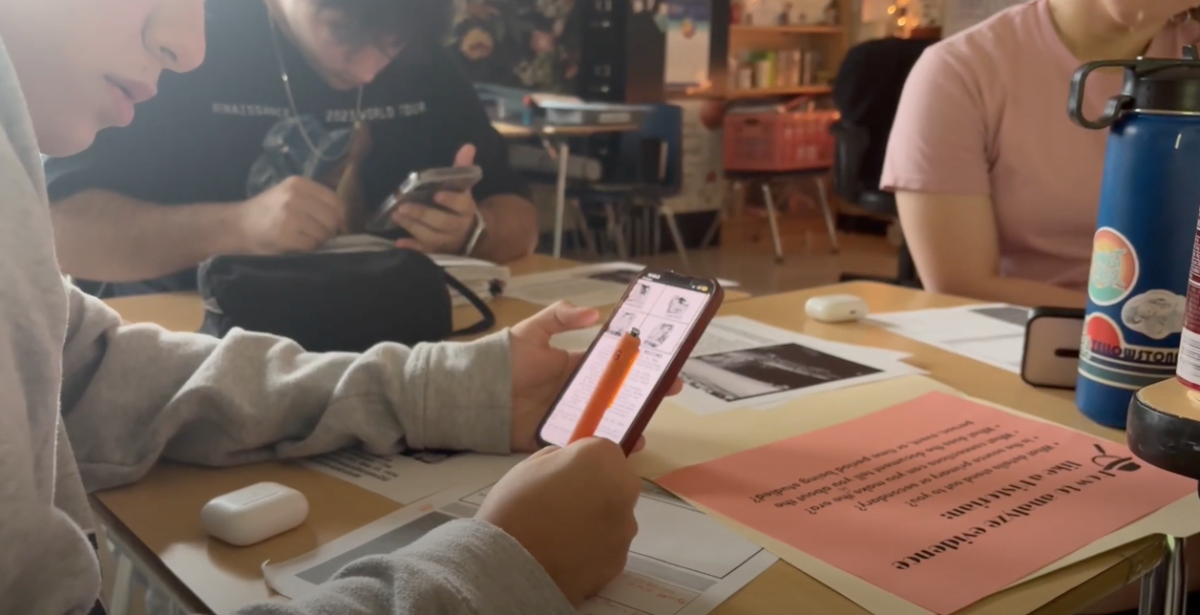Emily Jimenez | Staff Writer
At midnight on the first of October the Senate rejected a proposal on Obamacare leading to the first government shutdown in eighteen years.
“In a nutshell, the system has failed. Both sides,” senior Thomas Rose said. “The Democrats and the Republicans. They are trying to get their way but are unable to compromise with each other. It’s just a bunch of grown men who should be acting like adults, but they’re basically just acting like children.”
Museums, monuments and parks are shut down all over the nation, and those workers are not receiving pay. This means tourists visiting from other states and countries are unable to visit popular sites. People are also currently unable to receive federal loans, passports and immigration VISA’s. The shutdown affected a total of over 800,000 government employees who are considered “non-essential,” they were administratively furloughed. Government workers who are considered “essential,” such as military troops, will continue to be paid during this period, as will the President, senators and congressmen.

Sophomore Jake Soderdahl’s father works as a doctor in the military and is considered an “essential” worker. This means his father will still receive paychecks and work his normal schedule while the government is shut down.
“Since my dad is our main source of income we would have been extremely affected,” Soderdahl said.
Some student’s parents were not so fortunate. Many government workers were deemed “non-essential.”
“My parents signed a contract saying they don’t have to work for thirty days,” sophomore Mariah Dingman. “The only paycheck that we’re getting is my dad’s retirement and his VA’s.”
Although this is harshly affecting thousands, those affected are still able to find the silver lining.
Bria Richardson’s mom was one of the 800,000 people affected by the shutdown, but her family is looking at the glass as half-full.
“Usually when our mom would work she would come home a little later, but now she’s getting a chance to relax,” Richardson said.
For those families affected, many are preparing incase the shutdown sticks around. Financial planning is especially important to these families.
“[We are]waiting to hear,” Dingman said. “We aren’t eating out and we’re watching how we spend our money.
Many students are forming their own opinions on the government shutdown, whether they have been personally affected or not.
“I feel like Congress needs to get its act together,” senior Max Fang said, “and learn how to enforce bipartisan measures and work across the aisle and work with the other side.”
The potential outcome of this shutdown is also on many students’ minds.
“It’s going to hurt more than it will help,” Soderdahl said.
Although there are thousands of families being affected and are not receiving pay, Congress has not stopped earning money and continues to get pay checks.
“From a military perspective it’s pretty pathetic and tragic that they’re threatening to withhold salary. I think that they shouldn’t be paid until they start to do a job worthy of payment,” English teacher and Reservist Mark Cannon said.
The economic state of the congressmen has made its way into the conversations of countless families.
“I feel like it’s selfish because it’s affecting millions of families just because someone disagrees with something,” Richardson said.




